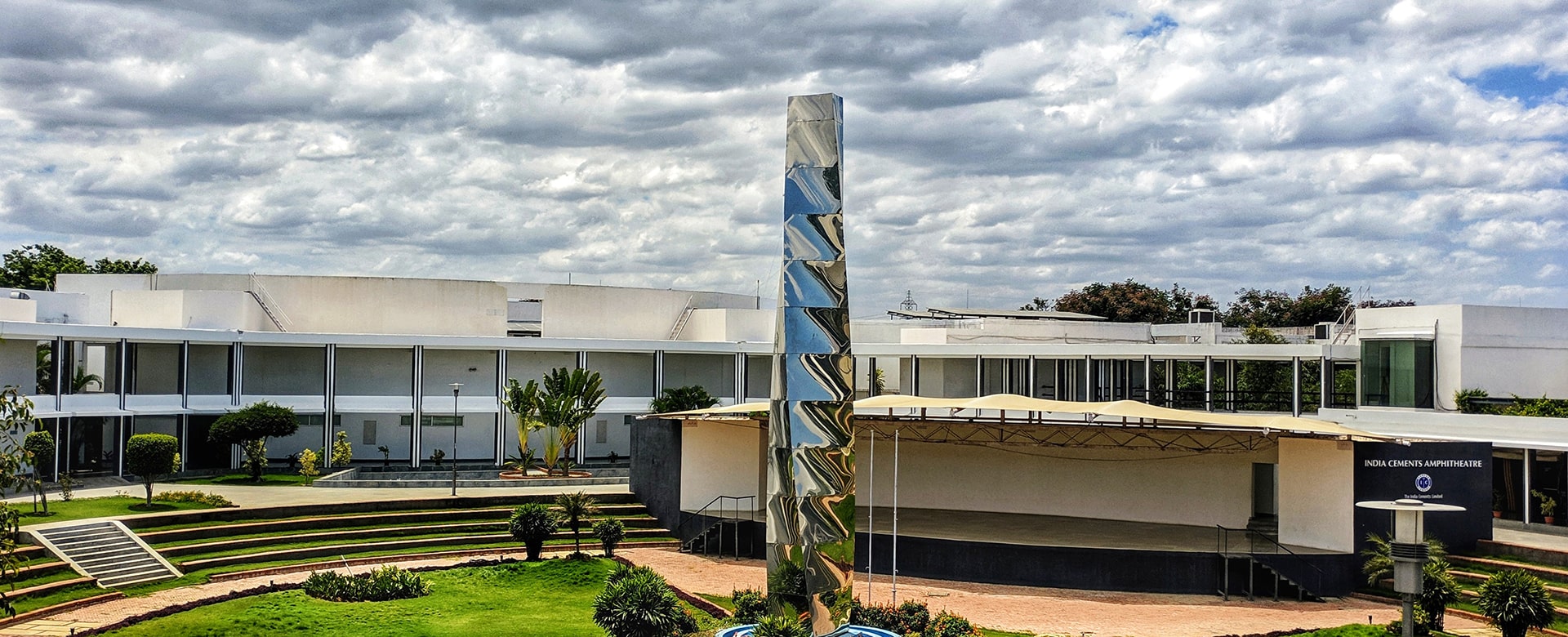
PhD - Doctor of Philosophy is the highest academic qualification one can pursue in India, and it's a gateway to careers in academia, research, public policy, consulting, and leadership roles. Whether you're interested in Management (Marketing, Finance & Accounting, etc) , Engineering, Social Sciences, or any other field, the preparation phase for PhD is crucial—and often misunderstood.
In this blog, we’ll walk you through how to prepare for PhD in India, including eligibility, entrance exams, tips for building a strong profile, and what to expect in the selection process.
Who should consider PhD?
PhD is ideal for:
- Aspiring professors or researchers
- Industry professionals seeking domain expertise
- Individuals passionate about solving complex problems through research
Step-by-Step Guide: How to Prepare for PhD in India
1. Choose Your Research Area
Before diving into applications or drafting proposals, the most crucial first step is to define your research area with clarity and conviction. PhD is a long and intellectually demanding journey - often taking 4 - 6 years - and your chosen topic will become the core of your academic and professional identity. That’s why it’s essential to ground yourself in a subject you’re not only curious about but deeply passionate about.
Ask yourself:
- What topics consistently spark my interest or curiosity?
Think back to what excited you during your coursework, internships, or even casual reading. What subjects do you find yourself gravitating toward, even outside of academic obligations? - Are there unanswered questions or gaps in the current body of research?
A good research topic doesn’t just interest you—it fills a void in existing knowledge. Explore recent journal articles, conference proceedings, and doctoral dissertations to identify debates, contradictions, or underexplored areas that you could contribute to meaningfully. - Can I commit several years to exploring this topic in depth?
Your research area should be something you wouldn’t mind immersing yourself in day after day. The topic must sustain your interest not just during the honeymoon phase, but also during the inevitable challenges and periods of slow progress.
Tip: Start by reading peer-reviewed journal articles to get a feel for the current research landscape. Join academic webinars, symposiums, or conferences—these events are often free and can give you a glimpse of cutting-edge debates in your field. Better yet, reach out to professors, doctoral candidates, or researchers in your prospective field. Their insights can help refine your focus, introduce you to emerging subfields, or even lead to collaboration opportunities down the line.
Remember: choosing your research area is not about locking yourself into a niche right away, but rather about building a strong foundation for your academic journey.
2. Meet the Eligibility Criteria
Before applying for PhD in India, it’s important to ensure that you meet the minimum eligibility criteria set by universities and research institutions. While the exact requirements may vary slightly depending on the institution and discipline, most universities require the following:
- A Master’s degree (or equivalent like MBA/M.Tech/PGDM) with at least 55% marks
- Some institutions allow NET/JRF-qualified candidates or professionals with industry experience to apply
3. Prepare for Entrance Exams
Most PhD programs in India require you to qualify through an entrance examination, which serves as the first major step in the selection process. The exam evaluates your subject knowledge, research aptitude, and analytical skills—essential for doctoral-level work.
Depending on your discipline and the university you're applying to, you may need to prepare for one or more of the following:
- UGC-NET / JRF
- CAT / GRE / GMAT (for management programs like FPM)
- Institution-specific tests (e.g., IIMs, Great Lakes, IITs)
Tip: Prepare at least 6–8 months in advance. Focus on quantitative aptitude, reading comprehension, research aptitude, and subject-specific knowledge.
4. Strengthen Your Academic Profile
Institutions look for candidates with a well-rounded academic profile. To stand out:
Academic Publications or Conference Papers
- Having published research in peer-reviewed journals or presented at academic conferences shows your ability to conduct quality research.
- Start by submitting papers to recognized journals in your field or presenting your findings at local or national conferences.
- Tip: Collaborating with mentors or peers on research papers can help boost your academic profile early.
Relevant Work Experience
- Industry or academic experience in your research area can be a strong asset. It shows you understand real-world applications and challenges in your field.
- Internships or work in research labs or think tanks can provide the hands-on experience needed to strengthen your profile.
Strong Academic Record
- A solid academic record (high grades, coursework, or previous research) demonstrates your capability to excel in PhD program.
- If you have lower grades in some subjects, focus on strengthening other areas like research experience or publications.
You can start by:
- Publishing in listed journals and conferences related to your field.
- Participating in national-level research conferences to network and showcase your ideas.
- Taking internships in research labs or think tanks for practical exposure and experience.
5. Shortlist Institutes and Faculty
Not all universities are the right fit for your research interests. Here’s how to make an informed choice:
Research the Faculty Profiles
- Look at the faculty’s research interests and ongoing projects. Does their research align with your interests?
- Identify potential PhD supervisors who share your academic goals and could guide your research.
Research Centers and Labs
- Many universities have specialized research centers or labs focused on specific areas of study. Ensure that your research interest aligns with their ongoing work.
Funding and Fellowship Opportunities
- Research the funding options and fellowships offered by the institution. Are there scholarships available for PhD candidates?
- Many institutes offer stipends or assistantships for full-time research students.
Program Structure and Coursework
- Review the curriculum and the research methodology courses offered by the institution. Does the program structure align with your research goals?
Tip: Reach out to potential guides or mentors in advance to gauge their interest and see if they would be open to supervising your research.
6. Prepare for the Interview
If you're shortlisted, you'll likely be invited for an interview and presentation. Be prepared to discuss:
Your Research Interests
- Be clear about your research question and why it's important. Show how it fits into the larger academic conversation.
Understanding of Research Methodology
- Demonstrate your knowledge of research techniques and methodologies relevant to your field. Show that you're prepared to design and conduct original research.
Past Academic or Work Experience
- Highlight any relevant academic work, research projects, or professional experience that demonstrates your capability to carry out PhD-level research.
Why You Want to Do PhD
- Be honest about your motivations. Whether it's to pursue an academic career, contribute to solving societal issues, or develop expertise in a specific domain, make sure your reasons are clear and well thought out.
Tip: Be authentic during the interview. Show curiosity, discipline, and clarity in your responses. Don't just memorize answers—be ready to engage in an insightful conversation about your research and its potential impact.
Final Tips
- Be sure of your motivation - PhD is a long and often solitary journey
- Read academic literature regularly
- Connect with current PhD scholars
- Don’t just aim to “get in” - aim to contribute to knowledge










